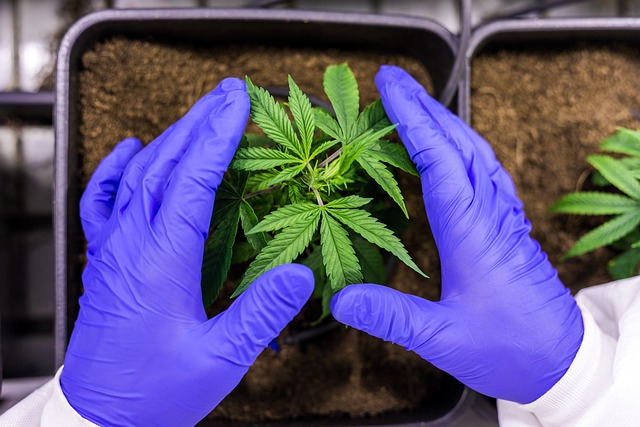How to Use THCa Flower for Stress Relief, Inflammation, and More
THCa, or tetrahydrocannabinolic acid, is a non-psychoactive cannabinoid found in raw cannabis plants. Unlike THC, Raw THCa flower does not produce a high, making it an attractive option for those seeking therapeutic benefits without the psychoactive effects. This article explores how THCa flower can be used for stress relief, inflammation, and other health benefits.
Understanding THCa and Its Benefits
THCa is the acidic precursor to THC. When cannabis is heated, THCa flower converts to THC, which is responsible for the psychoactive effects. In its raw form, THCa offers a range of potential health benefits without altering mental state.
Potential Health Benefits of THCa
- Anti-inflammatory Properties: THCa has shown promise in reducing inflammation, which can be beneficial for conditions like arthritis and other inflammatory diseases.
- Neuroprotective Effects: Research suggests that THCa may help protect brain cells, potentially offering benefits for neurodegenerative diseases.
- Anti-emetic Properties: THCa may help reduce nausea and vomiting, making it useful for patients undergoing chemotherapy.
- Appetite Stimulation: THCa might aid in increasing appetite, which can be beneficial for individuals with eating disorders or those undergoing treatments that suppress appetite.
Using THCa Flower for Stress Relief
Stress is a common issue that affects mental and physical health. THCa flower can be a natural option for managing stress without the psychoactive effects of THC.
How THCa Helps with Stress
THCa interacts with the body’s endocannabinoid system, which plays a role in regulating mood and stress levels. By influencing this system, THCa may help promote relaxation and reduce stress.
Methods of Consumption
- Juicing: One of the most effective ways to consume THCa is by juicing raw cannabis leaves and flowers. This method preserves the THCa content and allows for easy absorption.
- Smoothies: Adding raw cannabis to smoothies is another way to incorporate THCa into your diet. This method is both nutritious and convenient.
- Topicals: THCa-infused creams and balms can be applied to the skin for localized relief from stress-related tension.
THCa for Inflammation
Inflammation is a natural response to injury or infection, but chronic inflammation can lead to various health issues. THCa’s anti-inflammatory properties make it a potential option for managing inflammation.
Research and Evidence
Studies have shown that THCa can inhibit the production of pro-inflammatory compounds in the body. This suggests that THCa may help reduce inflammation and alleviate symptoms associated with inflammatory conditions.
Practical Applications
- Topical Application: Applying THCa-infused products directly to inflamed areas can provide targeted relief.
- Dietary Inclusion: Consuming THCa through raw cannabis in salads or juices can help manage systemic inflammation.
Other Uses of THCa Flower
Beyond stress and inflammation, THCa flower offers other potential health benefits that are worth exploring.
Pain Management
THCa may help alleviate pain by interacting with the body’s pain receptors. This makes it a potential option for those seeking natural pain relief.
Supporting Mental Health
While research is still in its early stages, THCa may have potential benefits for mental health conditions such as anxiety and depression. Its ability to interact with the endocannabinoid system could help regulate mood and emotional responses.
Case Studies and Statistics
Several studies have highlighted the potential benefits of THCa. For instance, a study published in the “Journal of Pharmacology” found that THCa exhibited significant anti-inflammatory effects in animal models. Another study in the “British Journal of Pharmacology” suggested that THCa could have neuroprotective properties.
While human studies are limited, anecdotal evidence from patients using THCa for various conditions supports its potential benefits. As research continues, more concrete data will likely emerge.
Conclusion
THCa flower offers a promising natural option for those seeking relief from stress, inflammation, and other health issues. Its non-psychoactive nature makes it accessible to a wide range of individuals. By incorporating THCa into daily routines through methods like juicing, smoothies, and topicals, users can explore its potential benefits. As research progresses, the understanding of THCa’s therapeutic properties will continue to grow, offering new insights into its role in health and wellness.
